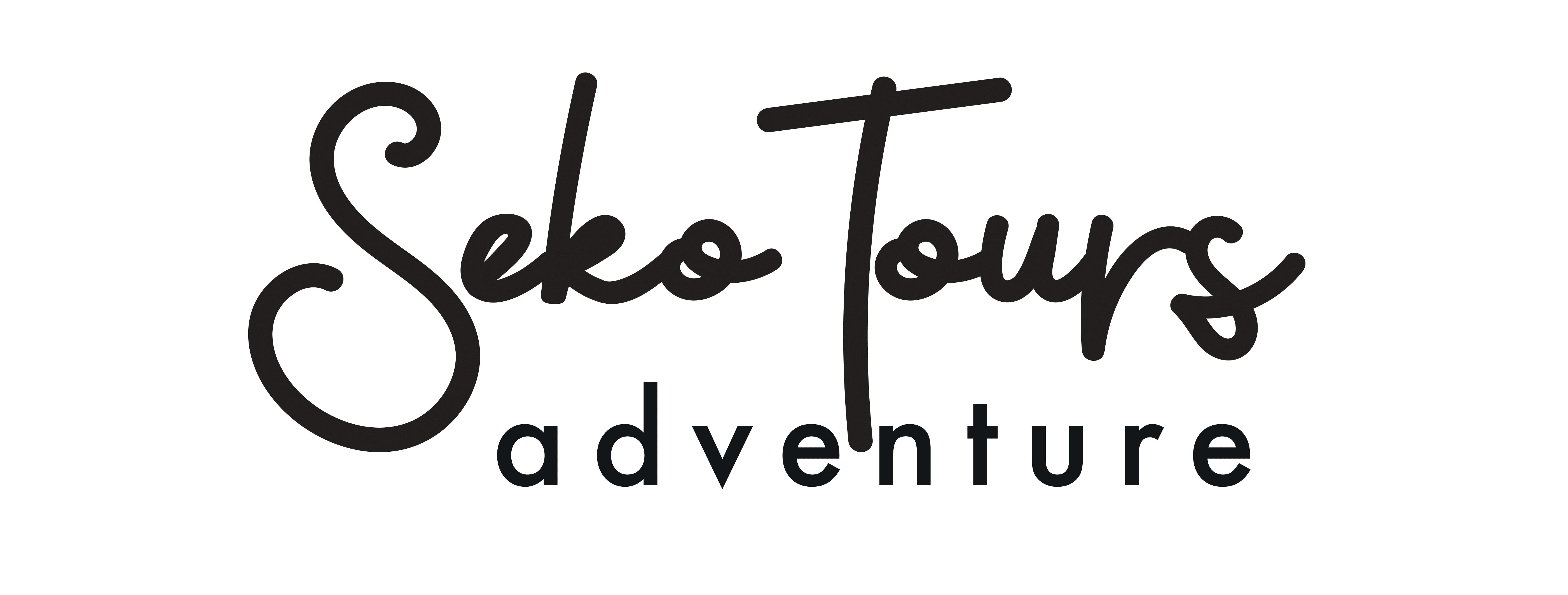Quick Guide to Learning Swahili
travel guide
Swahili Basics: A Quick Start Guide
Planning a Tanzania safari? That’s exciting! Tanzania is a beautiful destination with diverse wildlife, stunning landscapes, and rich cultural heritage. To make your experience even more special, consider embracing the local culture and language. Learning some basic Swahili, Tanzania’s national language, can help you connect with the local people and enrich your adventure. In this blog post, we’ll walk you through some Swahili essentials to make your journey even more memorable. And as the Swahili saying goes, “Hakuna Matata” – no worries!
Greetings and Politeness
Swahili is known for its warmth and friendliness, and greetings play a significant role in Tanzanian culture. Here are some basic greetings and polite expressions to get you started:
- “Jambo” or “Mambo” – Hello (informal)
- “Habari yako?” – How are you?
- “Nzuri” – Good
- “Asante” – Thank you
- “Tafadhali” – Please
- “Karibu” – Welcome
- “Pole pole” – Slowly, take it easy (an important phrase for your safari)
- Are you okay?: Uko sawa? (Response: Niko sawa – I am okay)
Common Wildlife and Nature Terms
Since you’re going on a safari, knowing some Swahili words for animals and nature can make your trip more fun. It’s also a great way to connect with local guides and people. Here are a few simple words to learn:
- Simba – Lion
- Tembo – Elephant
- Kifaru – Rhino
- Twiga – Giraffe
- Mamba – Crocodile
- Jua – Sun
- Mwezi – Moon
- Mto – River
Safari-Related Phrases
Swahili has some helpful words and phrases that can make your safari experience easier and more enjoyable. Here are some to get you started:
- Safari – Safari (Referring to your journey)
- Game drive – Kuzunguka Kuangalia Wanyama (Wanyama = Animals)
- I want to see a lion – Nataka kuona simba
- Animal – Wanyama
- Elephant – Tembo
- Lion – Simba
- Giraffe – Twiga
- Rhino – Kifaru
- Zebra – Punda milia
- Bird – Ndege
- Sunset – Jua linashuka
- Sunrise – Jua linachomoza
Common Wildlife and Nature Terms
When talking to locals or guides, these phrases can be very helpful. They’ll make your conversations smoother and more enjoyable.
- Where is...? – Iko wapi...?
- How much is this? – Hii ni bei gani?
- I would like... – Ningependa...
- Can I have...? – Naweza kupata...?
- Food is delicious – Chakula ni kitamu
- Where are you? – Upo wapi?
- Could I please have some more water? – Je, unaweza kuniongezea maji tafadhali?
- Could you take a picture of me, please? – Tafadhali, unaweza kunipiga picha?
- Yes, I can. – Ndiyo ninaweza
- Where is the restroom? – Choo kipo wapi?
- Water – Maji
download pdf version
Feature Travel Tips
See Our Basic Tanzania Travel Info
Popular questions about Quick Guide to Learning Swahili
Start with basic phrases, greetings, and common words. Practice daily by listening to Swahili songs, watching videos, or using language apps.
Swahili is considered one of the easiest African languages for beginners. Its grammar is straightforward, and words are pronounced as they’re written.
It depends on your dedication. With regular practice, you can learn conversational Swahili in 3-6 months.
Common greetings include:
- Jambo or Mambo – Hello
- Habari yako? – How are you?
- Karibu – Welcome
Yes, Swahili has borrowed some words from English, such as baiskeli (bicycle) and kompyuta (computer).
It means “slowly, slowly” and is a common phrase used to encourage taking things easy.
Words like Asante (thank you), Tafadhali (please), Simba (lion), and Maji (water) are helpful for tourists.
While it’s not necessary, learning a few phrases can help you connect with locals and enhance your travel experience.
Swahili is mostly the same across East Africa, but accents and slang can vary between countries like Tanzania, Kenya, and Uganda.
Yes, you can use apps like Duolingo, YouTube tutorials, or websites like SwahiliPod101 for structured lessons.
- Simba – Lion
- Tembo – Elephant
- Twiga – Giraffe
- Kifaru – Rhino
No, Swahili grammar is simpler compared to many languages. Words don’t change based on gender, and verbs are easy to conjugate.
It means “No worries,” and it’s a common phrase for reassuring someone.
Absolutely! Many free resources, like YouTube, apps, and online PDFs, offer beginner-friendly Swahili lessons.
It means “Welcome,” and you’ll hear it often when entering a shop, hotel, or someone’s home.
Swahili is widely spoken in Tanzania, Kenya, Uganda, Rwanda, and the DRC. It’s also recognized as an African Union language, so it’s growing in importance!
If your question is not listed, please contact us from here.
